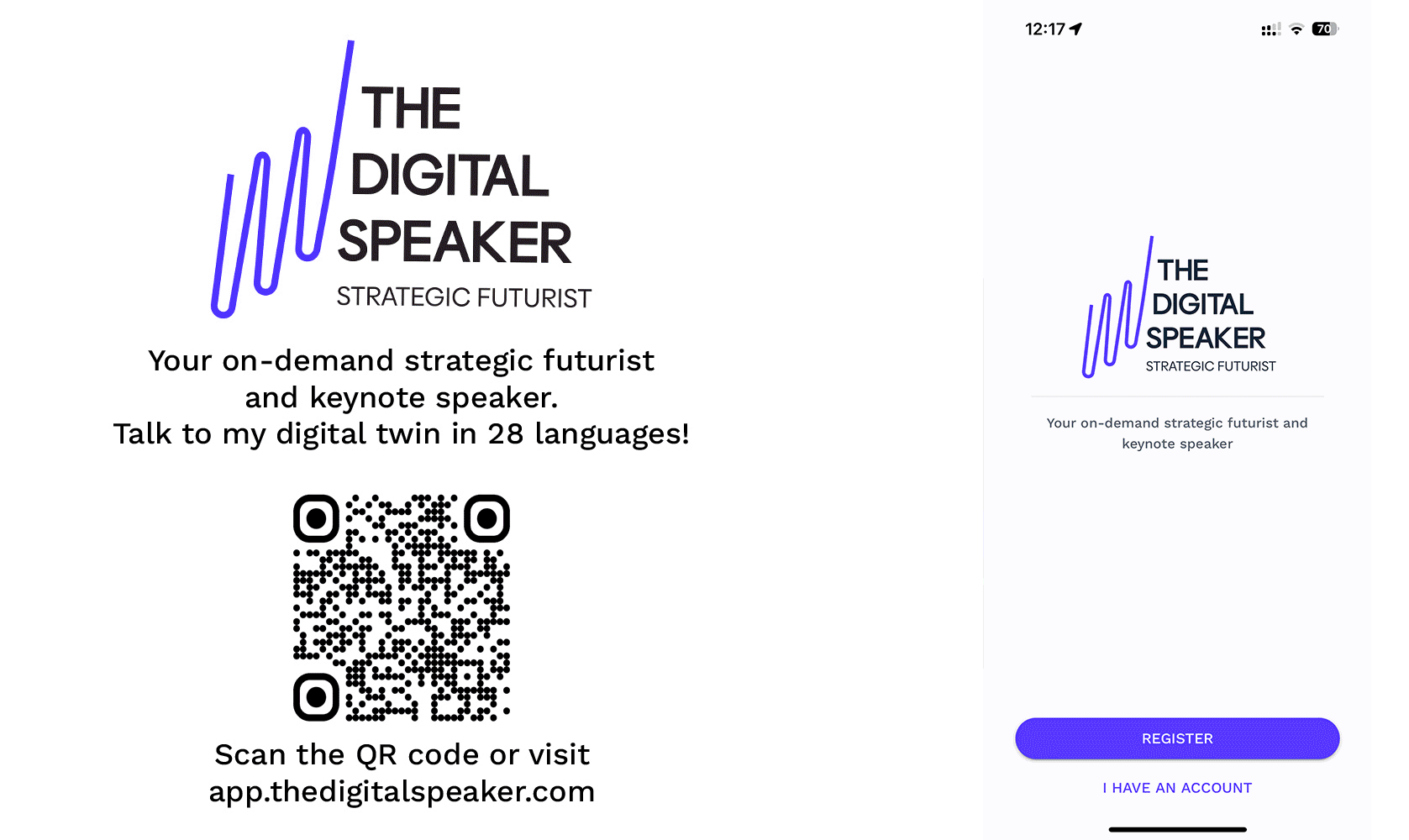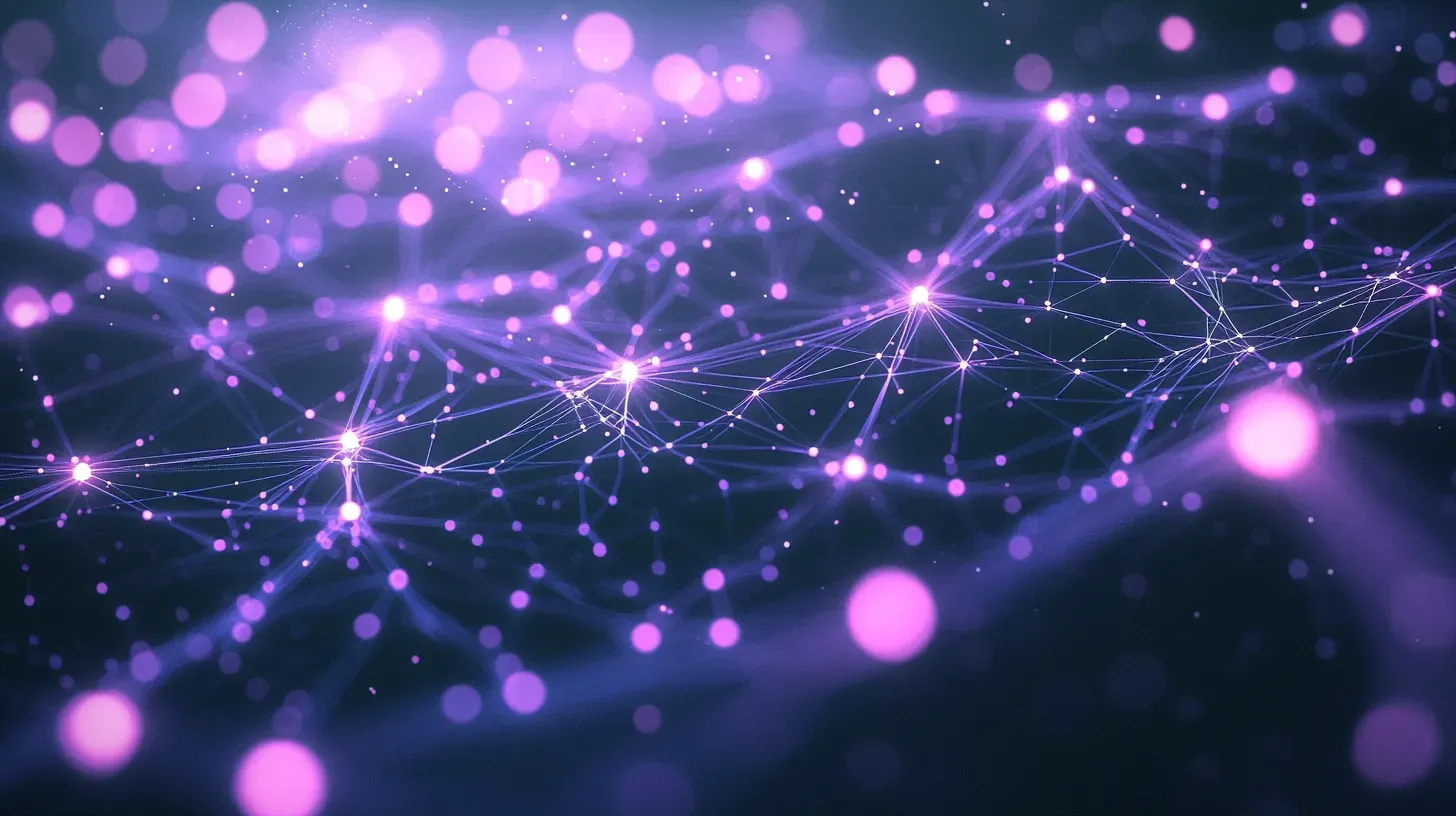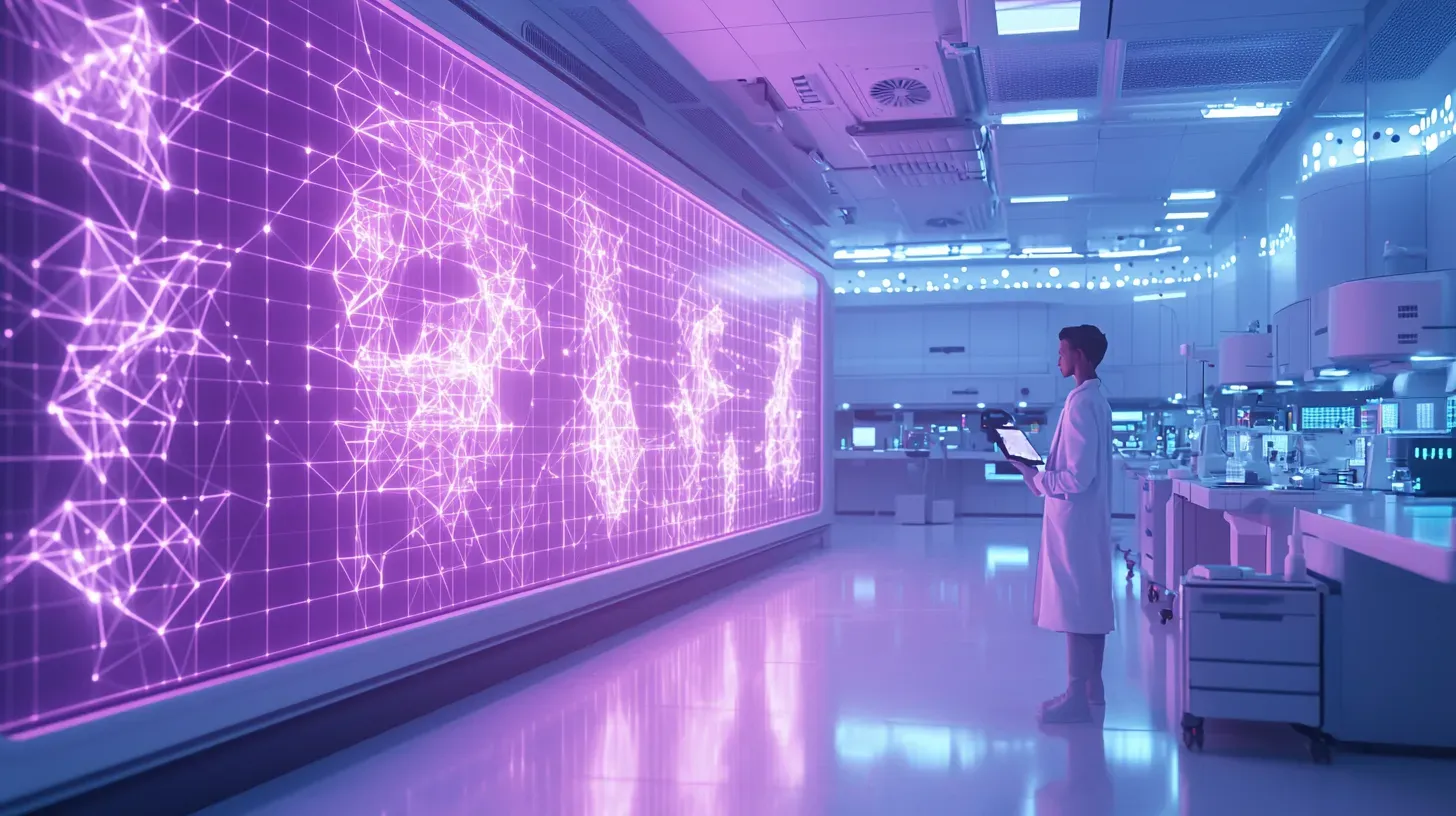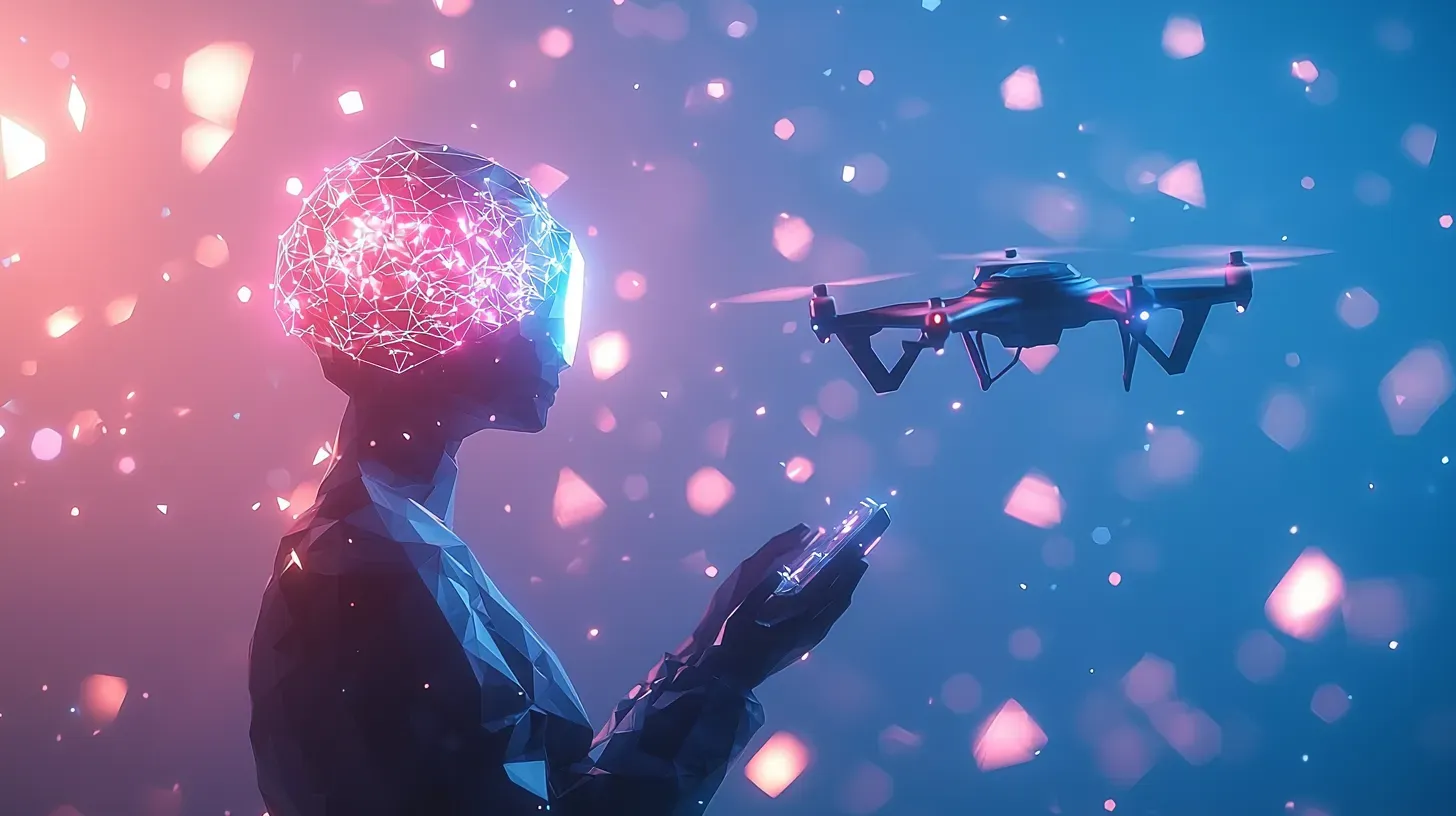Tuning Into the Future: How Suno's AI Revolutionizes Music Creation

Imagine a world where your next favourite song is not a product of human emotion, toil, or talent but the output of a machine. Welcome to the new era of music, brought to you by Suno, where AI is not just an assistant but the artist itself.
Suno, an AI startup, is positioning itself at the forefront of a creative revolution that might spell a radical transformation for the music industry. By harnessing the power of generative AI, Suno is making professional-level music production accessible to everyone, democratizing an art form traditionally reserved for those with years of practice or the right industry connections. However, as this technology lowers barriers, it also raises profound questions about the essence and value of human creativity.
Suno's technology, which marries sophisticated AI models with OpenAI's ChatGPT for lyrical prowess, is capable of generating emotionally resonant songs from simple text prompts. This breakthrough promises a future where music creation is as easy as typing a description, opening up a universe of musical expression to novices and seasoned artists alike. Yet, as we marvel at this innovation, we can't help but ponder: what becomes of the artist's journey, the narrative of struggle and triumph, in an age where AI can mimic the blues born from human hardship?
The underlying technology of Suno is not just impressive; it's groundbreaking. By learning from a vast dataset of music and speech, Suno's AI can produce songs that feel surprisingly human. It's a testament to the rapid advancement in AI research, pushing audio generation into realms once thought years away from fruition. However, as we applaud the technical achievement, scepticism lingers. Critics and musicians voice concerns about the potential for AI to dilute the authenticity and emotional depth that define great music.
While Suno's innovation might seem like a boon for aspiring musicians, it also opens Pandora's box of ethical dilemmas. The idea of an AI composing blues—a genre rooted in African American history and suffering—strikes a dissonant chord. Can an AI truly comprehend pain and resilience, or is it merely simulating expressions learned from datasets? Moreover, as AI-generated music proliferates, we must consider its impact on the industry's economics, the livelihood of artists, and the very definition of artistry.
In this symphony of progress and uncertainty, where algorithms compose, and machines serenade, we must navigate the fine line between innovation and preservation, ensuring that technology amplifies our creative spirit without silencing the authentic voices that define our shared humanity.
Read the full article on RollingStones.
----
💡 If you enjoyed this content, be sure to download my new app for a unique experience beyond your traditional newsletter.
This is one of many short posts I share daily on my app, and you can have real-time insights, recommendations and conversations with my digital twin via text, audio or video in 28 languages! Go to my PWA at app.thedigitalspeaker.com and sign up to take our connection to the next level! 🚀

If you are interested in hiring me as your futurist and innovation speaker, feel free to complete the below form.
Thanks for your inquiry
We have sent you a copy of your request and we will be in touch within 24 hours on business days.
If you do not receive an email from us by then, please check your spam mailbox and whitelist email addresses from @thedigitalspeaker.com.
In the meantime, feel free to learn more about The Digital Speaker here.
Or read The Digital Speaker's latest articles here.





